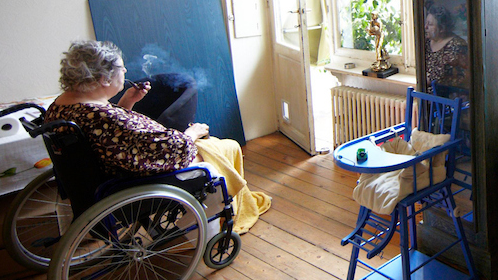On 3 March 2021, the European Commission presented its Strategy for the Rights of Persons with Disabilities 2021–2030. Building on the previous 10-year strategy, it aims to ensure that persons with disabilities can fully participate in society on an equal basis with others. While there has been progress in past decades in access to healthcare, education, employment, recreation activities and participation in political life, a lot remains to be done to remove barriers. It sets out key initiatives under three main themes: EU rights; independent living and autonomy; non-discrimination and equal opportunities. As a flagship initiative in 2022, the Commission will present a package to improve labour market outcomes of persons with disabilities.
The disability strategy contributes to the Action plan for the European Pillar of Social Rights, presented by the Commission on 4 March 2021. The Pillar, formally proclaimed by the EU institutions in November 2017, reflects a joint commitment to providing a healthy, safe and well-adapted work environment for workers in the EU. It emphasises the right to equal treatment and opportunities regarding employment, social protection, education, and access to goods and services available to the public, regardless of disability.
The 10-year strategy provides the framework to support actions at EU and Member State level to implement the United Nations Convention on the Rights of Persons with Disabilities (UNCRPD), adopted by the UN in 2006.
European Industrial Relations Dictionary










